The University of Surrey will launch an investigation into the ways to improve indoor air pollution.
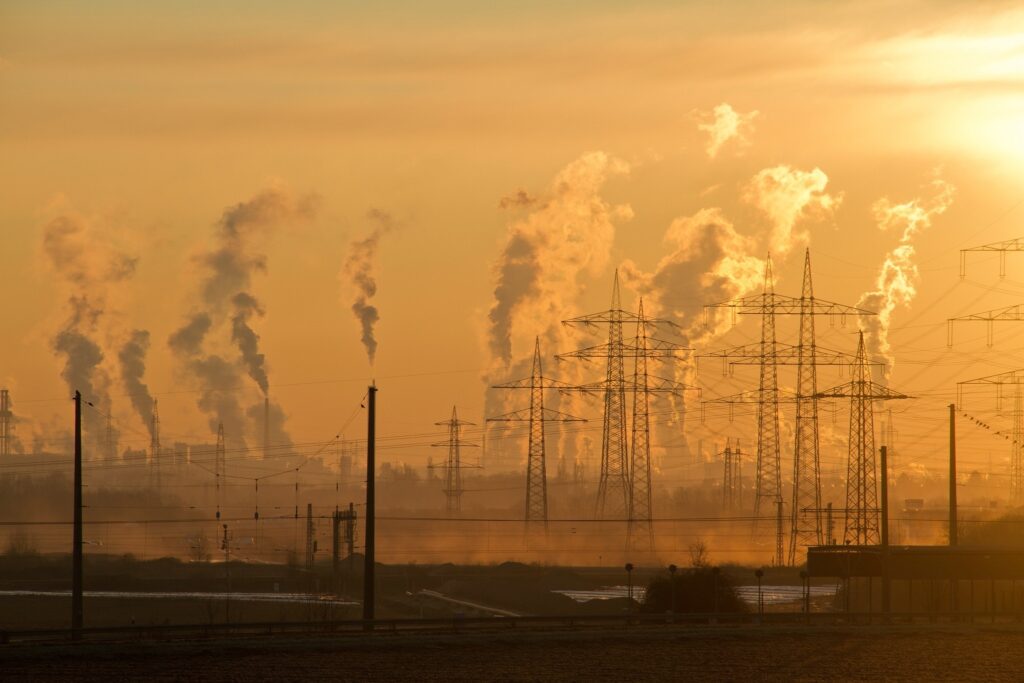

The University of Surrey will launch an investigation into the ways to improve indoor air pollution.
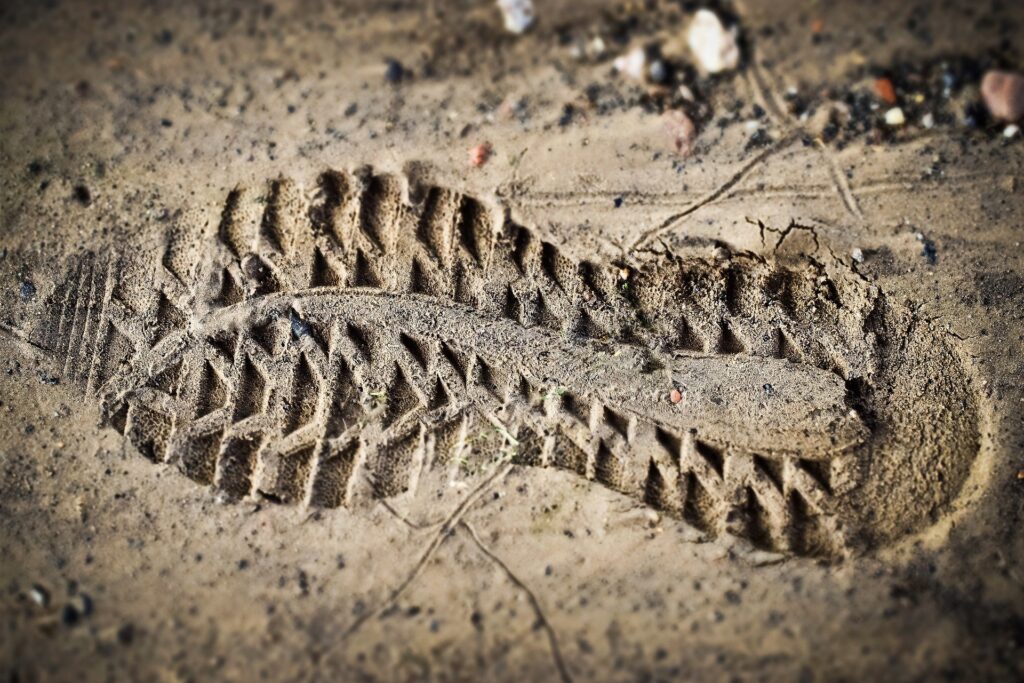
Soil bacteria can play a key role in the removal of air pollution as well as the regulation of climate change, a recent study published in the Nature Microbiology journal has found.
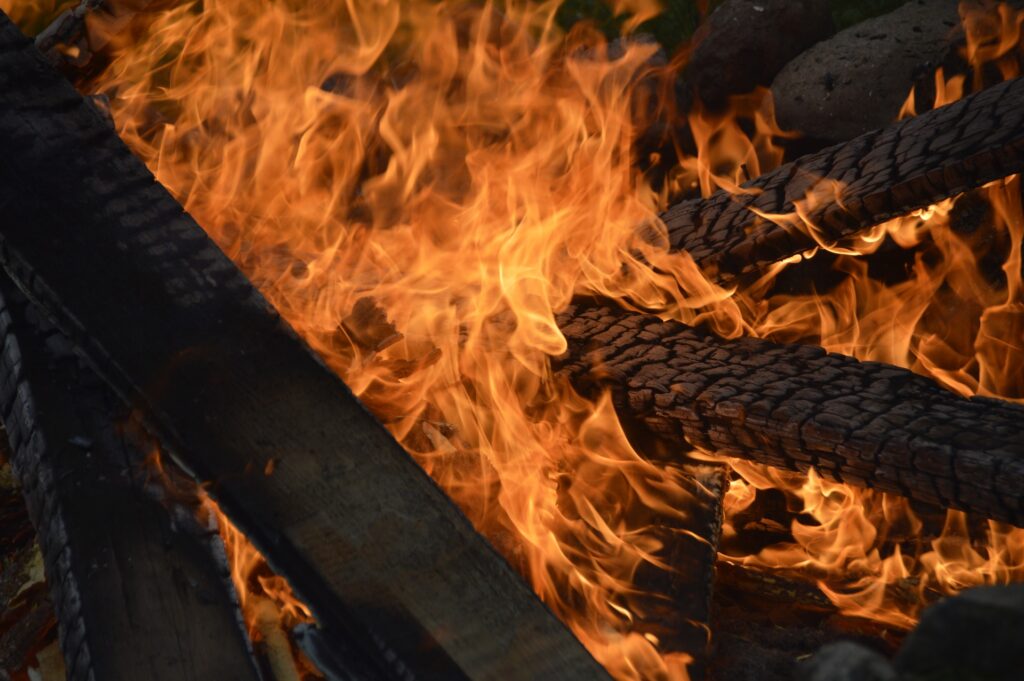
Wood burners have been found to triple levels of harmful indoor pollution, and should not be used around the vulnerable, scientists determine. People who load wood into a wood burner are exposed to twice as much pollution than those who…
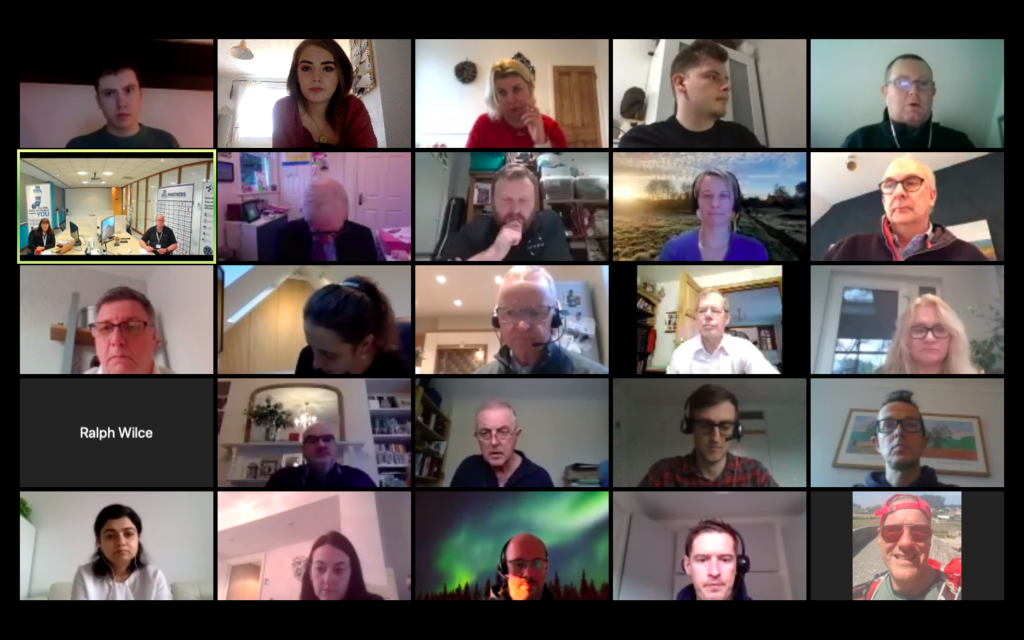
This month, the Commission has launched the second round of working party meetings, starting with Research and Air Monitoring.

Researchers will co-ordinate with children to measure air quality on their daily commute to school in order to understand pollution’s impact on health The new Born in Bradford (BiB) venture, based at Bradford Royal Infirmary, is funded by the National…

A major long-term study conducted by Harvard T.H Chan School of Public Health has associated tiny air pollution particles with molecular damage linked to Alzheimer’s and Parkinson’s disease. If this ground-breaking discovery is corroborated by future research, it would have…

WCRAQ is delighted to announce that our Chair of Air Health, Professor Stephen Holgate of the University of Southampton, has been knighted for his services to medical research. Covid-19 has not been an easy time. That is why experts who…

International road transport emissions and urban air quality expert Dr James Tate from the University of Leeds hosted the third of six working party launches for the Westminster Commission for Road Air Quality on 13th August as he kicked off the inaugural session of the Research Working Party.
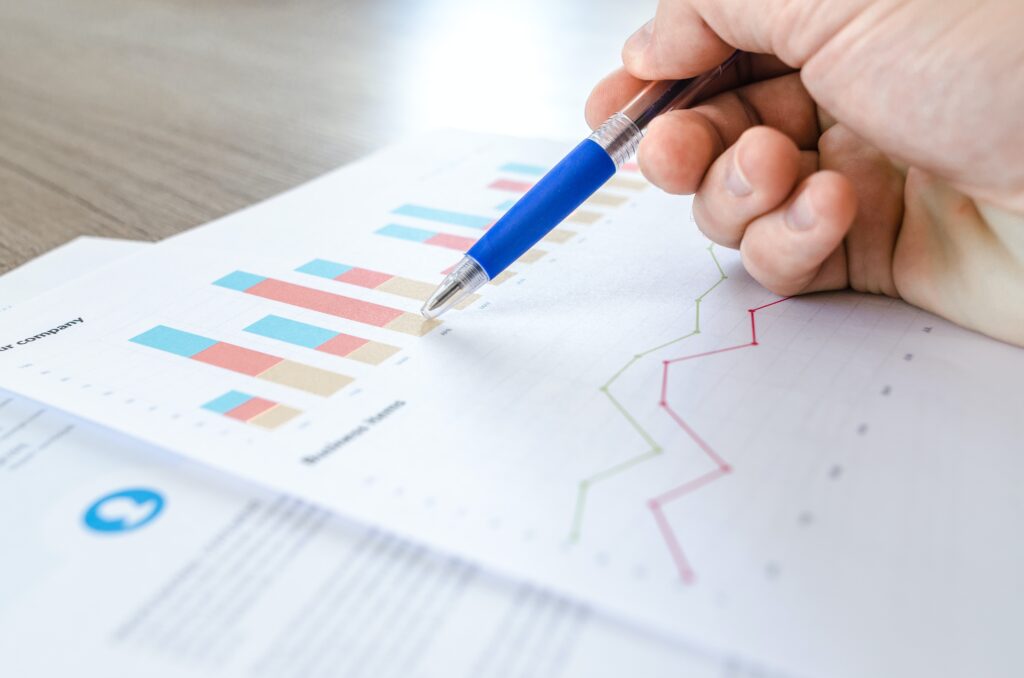
The Argus reports that scientists have developed an air quality sensor which could save the lives of babies and people with asthma.
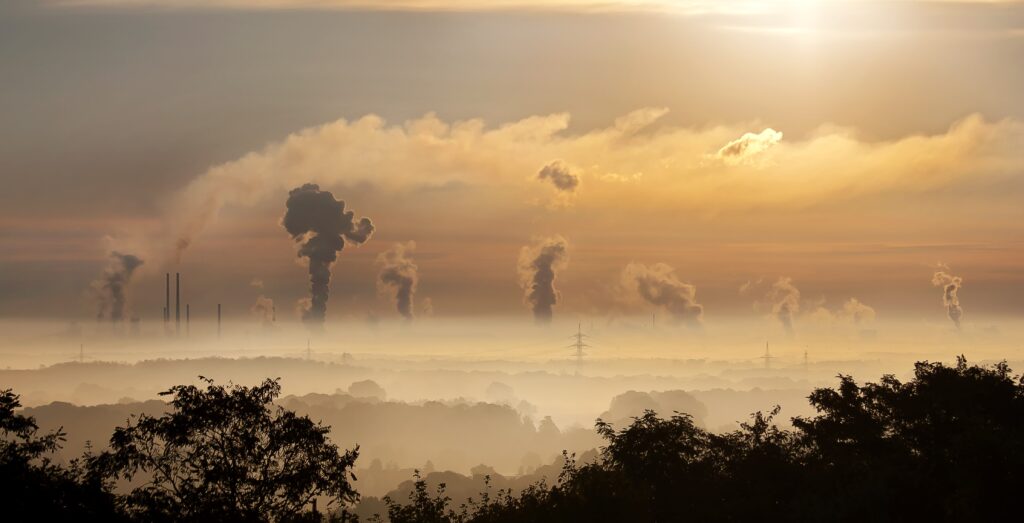
This week, the Gas Safety Trust (GST) launched its 2020 call for grants for research into carbon monoxide (CO) poisoning.